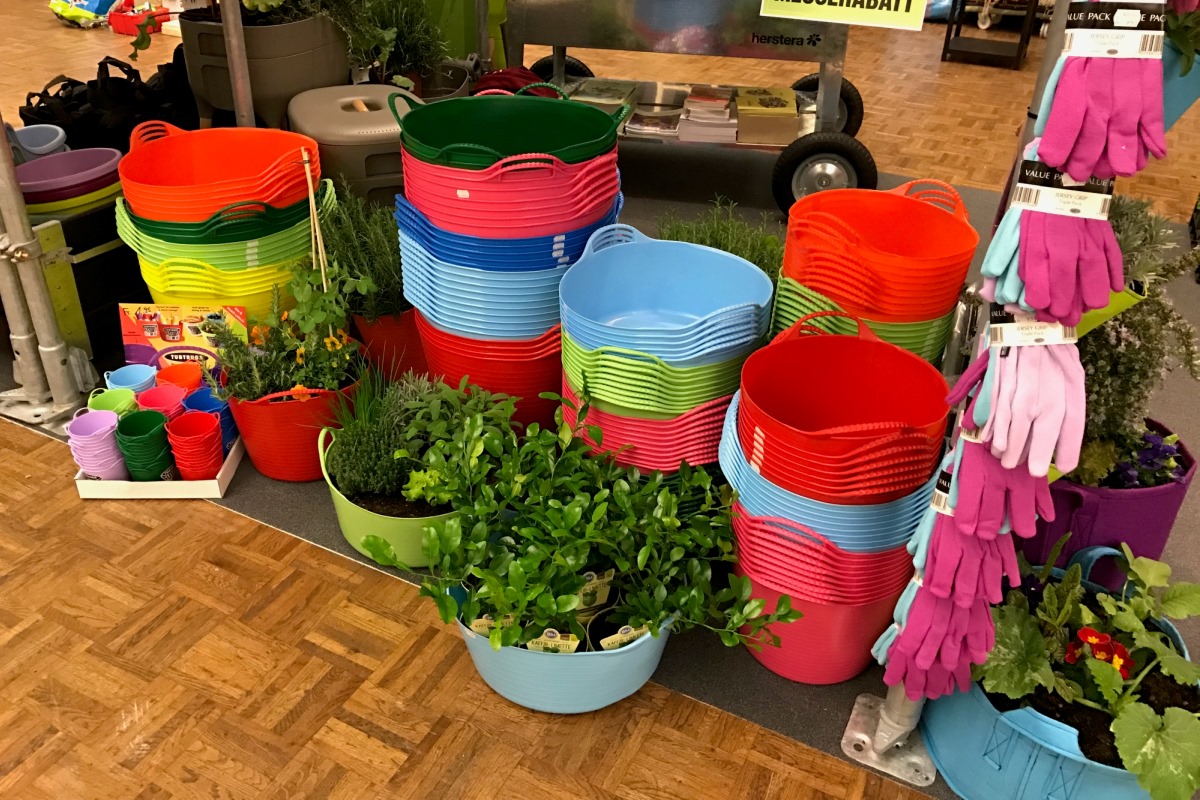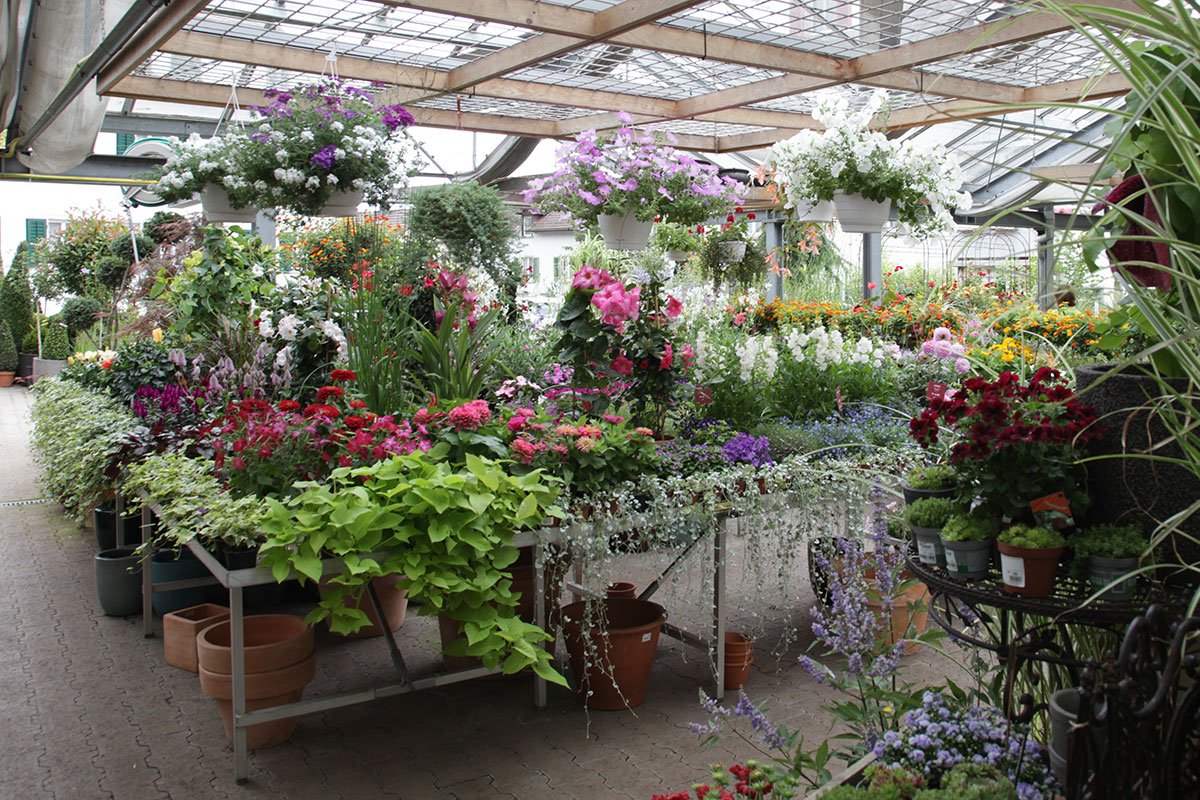Because we don't have a lot of experience in this subject and how we would have to plant the vegetables and fruits we made an interview with Carmen's aunt, Angela. She plants her own vegetables and some fruits on her balcony.
Carmen: "Which vegetables do you plant every year?"
Angela: "Normally I plant different herbes, carrots, onions, pumpkins, different salads, potatoes, leeks and radies"
Carmen: "How many different vegetables do you plant?"
Angela: "about 12 different vegetables and a lot of herbes like chives, parsley, Basil and many more.
Carmen: "Which vegetable does grow the fastest?"
Angela: "It's definitely the salad. It only takes about nine weeks until you can harvest it."
Carmen: "Can you also grow fruits on your balcony?"
Angela: "Yes, of course. you can plant different varieties of berrys. If you have a enough space you can also grow a plum or apple tree in a pot.
Carmen: "Whats the easiest fruit or vegetable to plant?"
Angela: "I really think that growing a plum tree is very easy to plant if you have enough space."
Carmen: "What is important that a plant grows?"
Angela: "You have to look that you water your whole garden enough, so the plants and the soil around it don't dry out. Of course the plants also need a lot of sunshine and the clima has to be right. It is logical that you can't plant a pineapple or mango in switzerland because the clima is not the right one but you can't influence that."
Carmen: "How much effort do you have to put in?"
Angela: "In summer you have to water your garden everyday and you have to do some gardenwork at least once a week."
Carmen: "Do you taste any differences between self planted or buyed food?"
Angela: "Definitely. the taste of the self-planted food is much more taste intensive than the food you buy in the store."
Urban gardening
Do you know urban gardening or do you already do it? In our project, we want to explain to people what this is and how you can do it yourself. Urban gardening has become more and more important in the last years and brings life into the home. All that is needed is time, interest, and the right equipment.
It is for everyone and is a healthy investment and can be practiced even when space is limited.
We spoke to an apprentice of an Urban gardening shop to find out more. This was a very exciting interview. We also want to do a survey and will make a small handout which you can download later. Thank you very much for filling out our survey and you will find our whole project at the end on Don't waste my energy.


Debora and Melane
Research project: how does Foodlab Brugge deal with food waste and is their solution sustainable?
Food Lab Brugge tries to solve all kinds of climate problems. For example, they encourage people to grow their own crops by making their own city garden. They also try to stop food waste, because this is also a big problem.
Food waste causes a lot of things:
- It wastes water. Water is needed for the production of food but when you throw away a big part of that food, you use all that essential water for nothing.
- Food waste that ends up in landfills produces a large amount of methane – a more powerful greenhouse gas than even CO2, they heat up the earth’s atmosphere causing global warming and climate change.
- Like water, oil is also needed for the production of food, so this is also wasted when the food has been thrown away.
- It takes up space because we need a place to throw the wasted food. Landfills are made but they take up a lot of space.
Food waste is clearly a bad thing and it needs to be slowed down. It doesn’t seem like it’s going away soon, but we sure can decrease its amount. Food Lab has a. few solutions to this problem or they try to educate people, but are they sustainably doing this? First of all, they give schools the chance to take measurements so students can also participate in a decrease in food waste. The organization already took some measurements in care centers and hospitals, and the results and solutions that were found are communicated right away to other care centers and hospitals so they can apply these solutions. They promote the app ‘ToGoodToGo’ more through retail, restaurants, and all the communication platforms of the city to stimulate restaurants to participate in this sustainable way to prevent food waste. They invest a lot in the prevention of food waste at homes but also in factories. At every town event, they try to attract as much attention as they can to food waste at the event. finally, they chart the surpluses of the city and OCMW.
I think that these solutions and/or ways of prevention are quite sustainable, and they are doing a good job bringing more attention to these problems. The greenhouse gasses that are produces by wasted food consists of 10% of all the greenhouses gasses in the atmosphere, so by buying the right amount of food and not throwing the surpluses away, you can help the planet and decrease little by little this kind of dumb way of warming up the planet.
Tine Buitink
The project that I have chosen is the SWITCH-Asia programme from fairtrade. The SWITCH-Asia Grants Programme funds pilot projects helping companies to adopt cleaner technologies and more sustainable industrial practices, as well as helping consumers to act more responsibly in their daily choices and lifestyles. Since 2007, this EU programme has funded projects across a wide range of sectors (energy efficiency in industrial plants and houses, agri-food and fishing sectors, textiles and leather, tourism, logistics and freight) implemented by over 500 Asian and European partners, about 100 private sector associates, indirectly benefitting up to 80.000 micro, small and medium-sized enterprises (MSMEs).
By supporting the sharing of knowledge and developing local capacity for responsible business practices, SWITCH-Asia is a means for local companies to more easily access the supply chains of multinational companies which seek to establish green and fair conducts within their value-chains. The replication and scaling-up effect of project results together with access to finance and public-private investments for green products, services and technologies will be key elements within the programme in the next years in order to have a greater impact in the region. The evidence provided by projects is meant to feed into policy and regulatory discussions with national governments in their transition towards a low-carbon and resource-efficient economy through the improvement of national strategies and action plans with regard to sustainable production and consumption practices.
130 projects funded in the region over a period of 14 years of which 22 new ones active as of 2020 and implemented by Asian, Central Asian and European organisations. In line with the new ambitions of the EU in terms of green transition, the Grant Scheme of the programme will focus in particular (but not exclusively) on the external dimension of the EU Green Dealand of its focus areas, such as sustainable food-systems and circular economy.

I've made my own top 10 on how you can make your meal more sustainable. Now, I'm going to apply this on my pasta.

1. This is easy, just look on your packages if it comes from your country or go buy product by your local farmer (if there is one ofcourse).
2. Go buy your supplies in your local fair trade shop, every city has one these days.
3. "Food's true cost" is actually almost the same as buying fair trade.
4. Try new food's, new product -> your local product, you probably have never bought products at the farm.
5. Of course is wasting less hard, but just insert a "leftovers day".
6. This will probably be hard at first, you'll have to do research on the certified stadards and then figure out which are credible.
7. If you buy at your local farm, or if you have your own little garden, you have no chose but seasonal products -> https://www.wikihow.com/Season-Pasta
8. Your own little garden, it takes time and you have to learn about it, but this "corona-season" is perfect to start your own little garden.
9. You might think this is stupid, but if you ask for the "ugly" fruits and veggies, there will be less waste in the shops.
10. This one is easy, just bring your own pouches for fruit and veggies and buy full crops.
Cycling for a better environment
Cycling is something that most people are able to do. Most people are able to ride a bike from a very young age and most of us aren’t too bad at it. So why not do it more often? It’s not just good for your health, but also for our environment. That is why we want to start this project and encourage people to use there bikes more often. We want to start with building new paths, new options for your bike tours and more options for your safety on the streets. Start now and help us to turn our idea into a project.
[Please always use the File manager for photos in the future. TechNick.]

'Food lab Brugge' is a project that started in 2015, fully supported by the city Brugge. Since 2018 is it a completely independent organization that works on sustainable food strategy in Brugge. They take a lot of actions to accomplish what they stand for. The problems they work with are local markets, city gardens, no food waste, Fairtrade products, sustainable fish and biological food. I wanted to know more about their solution for the food waste and if their solution is sustainable.
First we asked ourselves if tiny House Living exists in Switzerland.
And to our surprise the answer was yes!
We Found two companies in Switzerland that specialize in tiny house living. Check out their websites:
We're planing on getting in contact with them to ask them some questions about their point of view in the tiny house movment. (Interview) More...